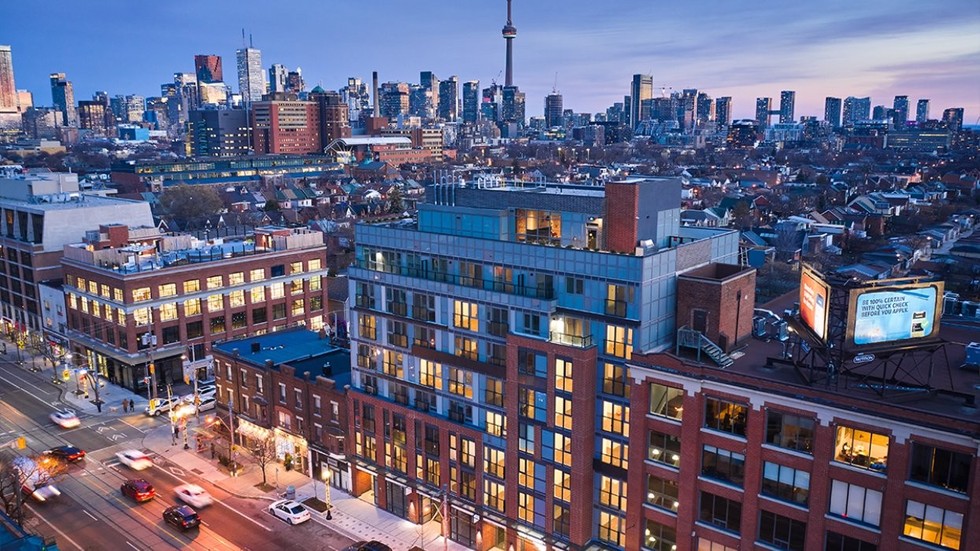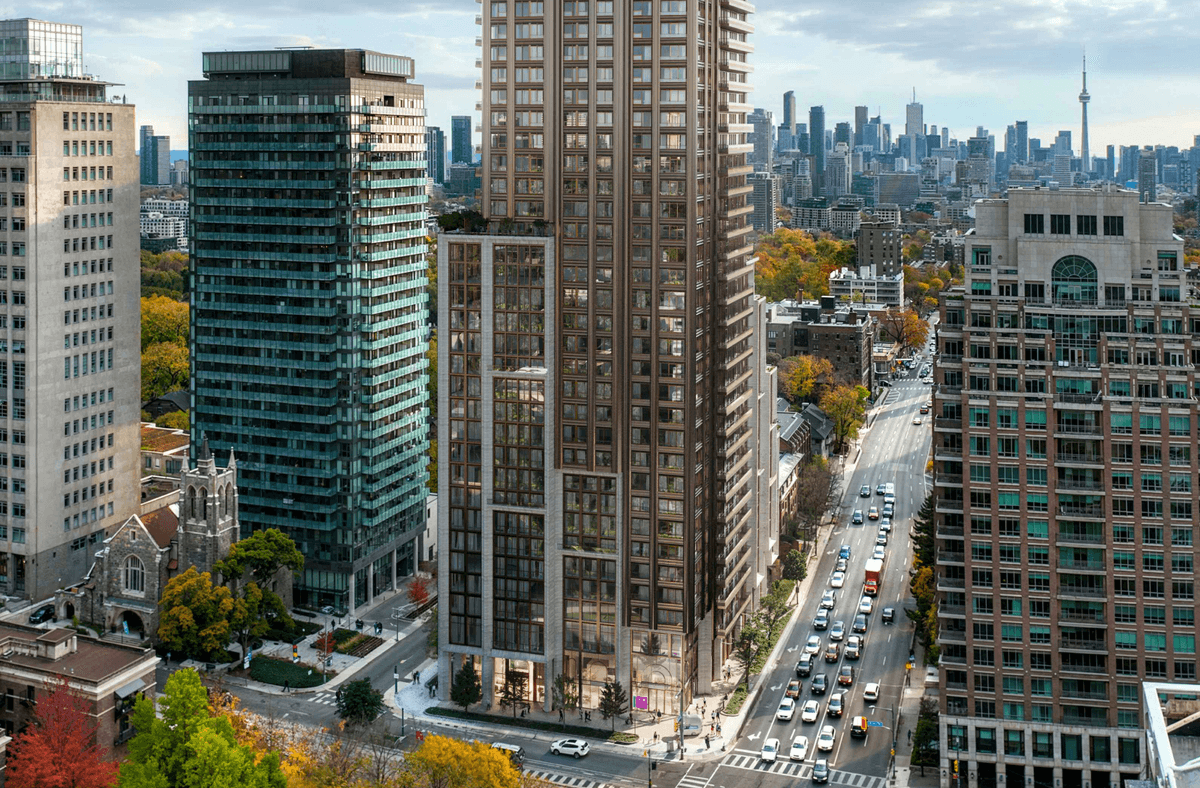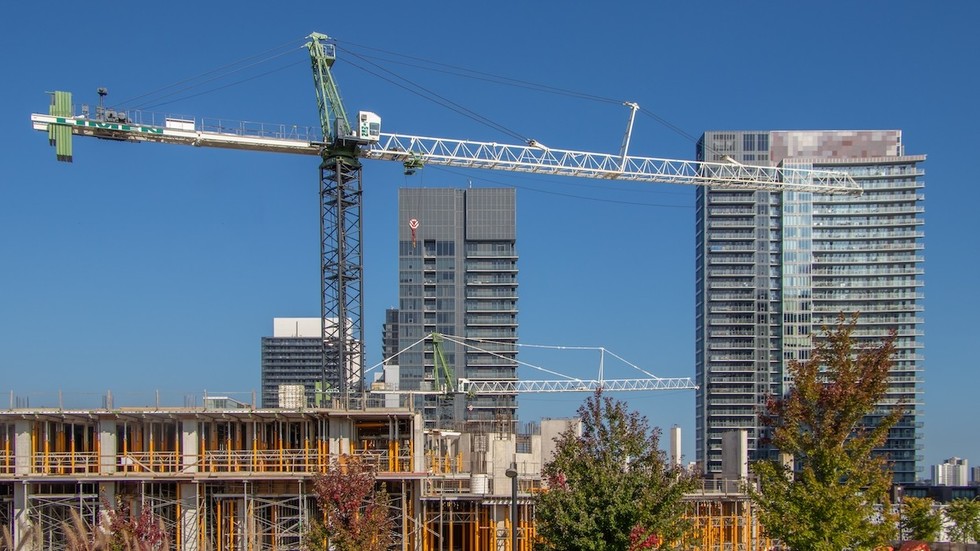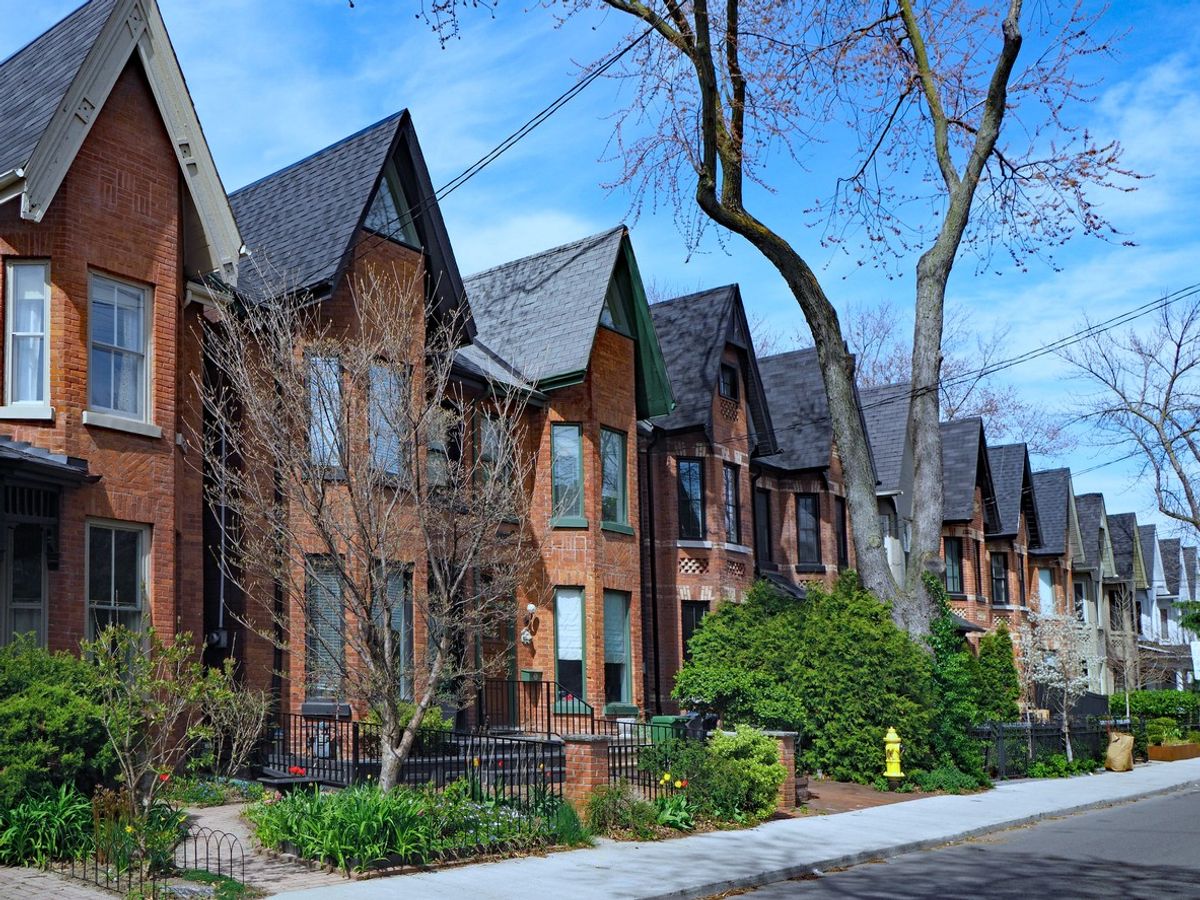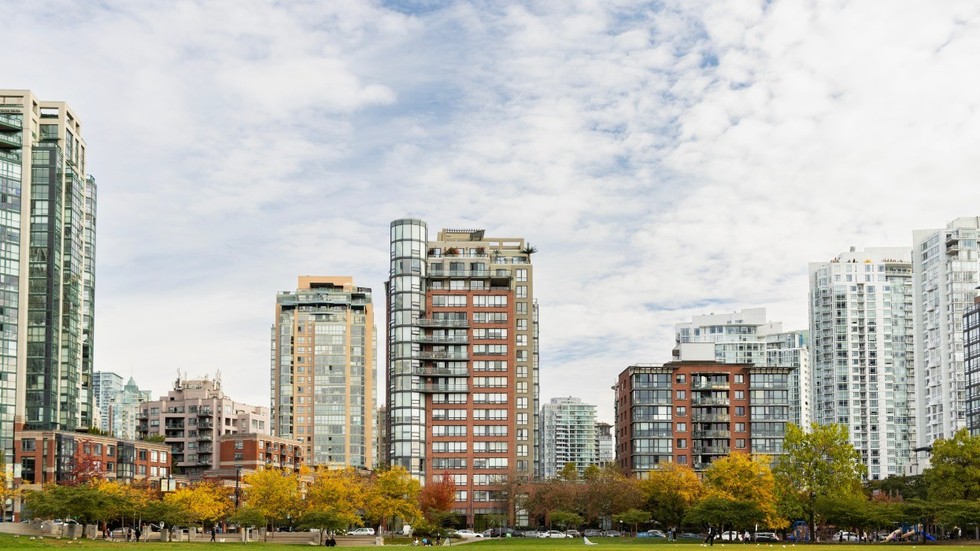In response to COVID-19, Canada closed its borders to all non-essential traffic, leading to a drastic downturn in immigration and a slowdown of new permanent residents to the country.
As the Canadian economy continues to gradually reopen this summer, new data from the federal government has revealed that immigration has plunged by nearly two thirds in the second quarter of 2020 as border restrictions remained in effect.
According to the data, only 34,260 permanent residents were granted permission to enter the country between April and the end of June, with border closures still in place to curb the spread of the deadly virus. That compares with 94,275 in the same period last year, representing a drop of 64%.
READ: Low Immigration and High Unemployment to Curb Canadian Housing Rebound: RBC
In March, Immigration Minister Marco Mendicino said the 2020 target was 341,000, with another 351,000 or so to obtain permanent residence in 2021. Last year, Canada saw 341,175 new permanent residents.
During his announcement, Mendicino said Canada plans to welcome more that one million immigrants between now and the end of 2022, pushing annual levels up towards, and over, the 350,000 barrier.
However, during the first six months of the year, the country welcomed 103,420 permanent residents into the country. And while that may sound like a large number, at that pace, Canada's immigration levels will fall far short of the target goals set out by the government earlier this year.
High immigration has always been a key component of driving the country’s economic growth, while also strengthening the labour market and supporting the housing market. While this steep reduction in immigration is expected to be temporary, without high levels of immigration, Canada faces both a declining population and an ageing workforce, which could have a much larger negative impact on Canadian housing markets -- both the rental and home sale sectors.
The rental market will be more immediately impacted by the immigration slowdown since most newcomers rent when they arrive in Canada, but over time, this could lead to a more lasting effect on the ownership housing market.
Indeed, the local rental market in Toronto has already softened significantly for the first time in years, with immigration acting as just one contributing factor. And while the resale market remains as hot as ever in the GTA, CMHC has forecast that the country will feel the effects of COVID all the way until 2022.
Still, the lack of immigration in 2020 does not seem to have affected the Canadian market quite yet, as July posted the highest number of real estate transactions in more than 40 years.










